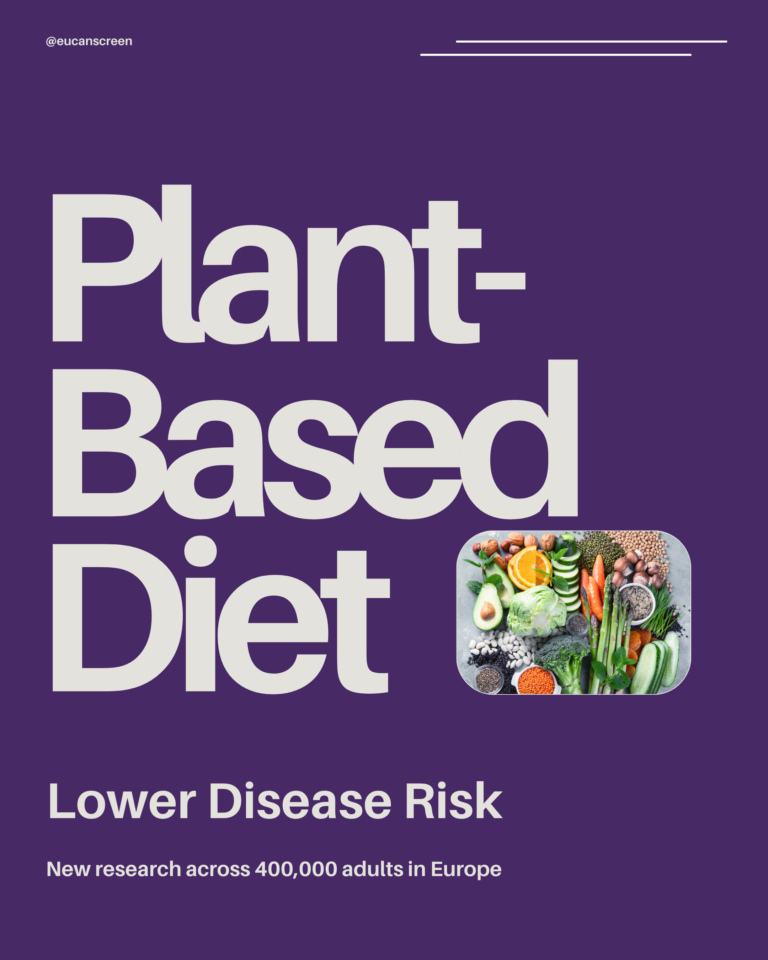Plant-based dietary patterns and age-specific risk of multimorbidity of cancer and cardiometabolic diseases
A prospective analysis — plant-based diets lower the risk of multimorbidity
Plant-based dietary patterns
In a new large-scale multinational study involving more than 400.000 women and men aged 35–70 years from six European countries, researchers at the IARC, in collaboration with the University of Vienna (Austria) and Kyung Hee University (Republic of Korea), investigated dietary habits and disease trajectories. The comprehensive data analysis shows that a plant-based diet is associated with reduced risk of multimorbidity of cancer and cardiometabolic diseases. Multimorbidity describes the occurrence of two or more chronic diseases in one person and is a growing health problem worldwide, particularly among adults 60 years and older. The study was published in the journal The Lancet Healthy Longevity.
Multimorbidity – multiple long-term conditions(MLTC)
The study used data from two large European cohort studies, the European Prospective Investigation into Cancer and Nutrition (EPIC) and UK Biobank. Results from UK Biobank show that adults with a higher adherence to a plant-based diet had a 32% lower risk of multimorbidity compared with those with a lower adherence. The study also examined differences in the risk of multimorbidity between middle-aged and older adults. Higher adherence to a plant-based diet was associated with a lower risk of cancer and cardiometabolic multimorbidity both in adults younger than 60 years and in those 60 years and older.
#EuCanScreen #CancerScreening #HealthCare #CancerPrevention #BreastCancer #CancerRiskFactors #PlantDiet #Multimorbidity
Subscribe to our newsletter to get news and updates.
Subscribe to our newsletter to get news and updates.

The general objective of EUCanScreen is to assure sustainable implementation of high-quality screening for breast, cervical and colorectal cancers, as well as implementation of the recently recommended screening programs – for lung, prostate and gastric cancers. EUCanScreen will facilitate the reduction of cancer burden and achieving equity across the EU.
This project has received funding from the European Union’s EU4HEALTH Programme under the Grant Agreement no 101162959












